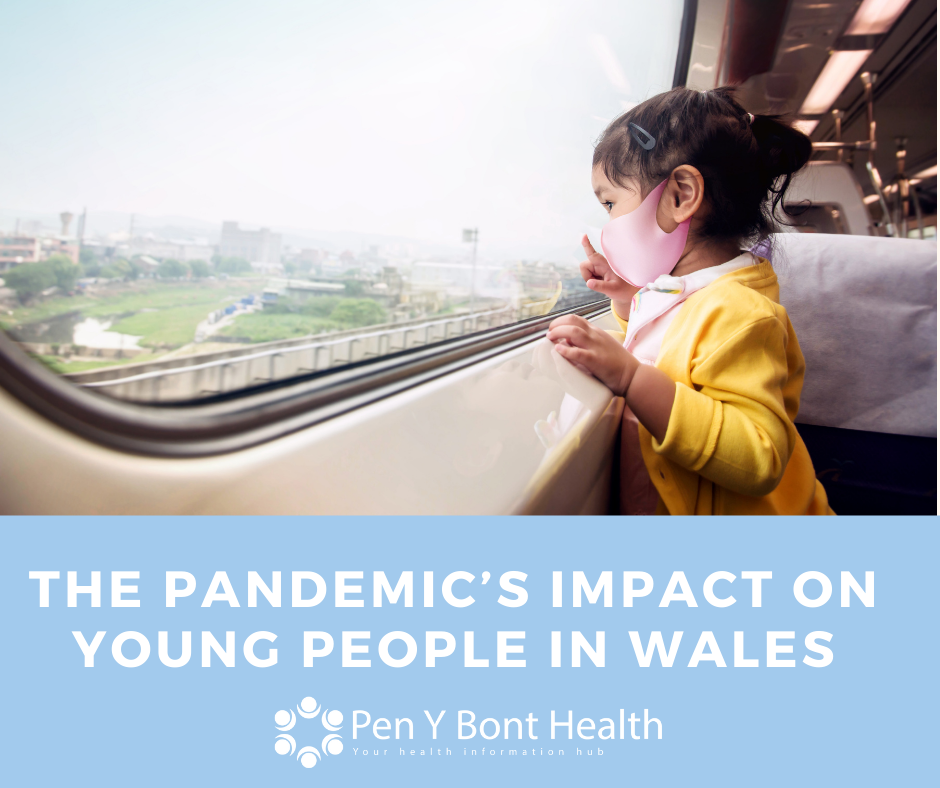
Although young people seem to have been the least impacted health-wise by the coronavirus infection itself, they have been affected by the social, economic, and educational impacts the pandemic has brought.
As the peak of a global Pandemic appears to be easing, we think it is important to look back on what young people experienced and how it may impact them long-term as they grow into adults. The difficulties faced within families worldwide in 2020/2021 will be with them for life, and it’s important to acknowledge this.
BBC Children in Need have identified seven themes of how COVID-19 has affected young people. This article will explore these in more detail and identify how young people can be supported as we move to ‘post-covid’ times.
1. Isolation
Children and their families have missed personal connections and relationships from friends, family, and trusted peers from outside the home. It’s important to safely make up for lost time with loved ones and ensure young people build in-person relationships, as well as those online.
2. Increased Mental Health Challenges
The Coronavirus Pandemic has impacted the mental health of those with existing issues and those who pre-Pandemic, did not struggle with their mental health. Concerns are surrounding anxiety, fear and stress. It’s important to be aware that some young people may be struggling, and to keep those close to you talking to help best identify the support they need.
3. Pressure on Family Relationships
Families have been under immense pressure with some entering crisis. Conflict and difficult relationships have been heightened with respite for children and parents reduced. Spending time apart on external activities, as well as addressing issues that arise can help to alleviate pressure that has built from the close proximity everyone has been living in.
4. Increased Exposure to Harm
Children have been more at risk to harm both within their home/families and outside the home. The pandemic has seen young people spending more time online and being unable to access safe spaces. Schools and activity outlets are in the main re-open. It’s important to get back into the swing of everyday activities and embrace education again.
5. Reduced Access to Education and Activities
Young people across the education sector lacked the stimulation, development opportunities and positive engagement that education and extra-curricular activities can bring.
6. Risk to Physical Wellbeing
Due to reduced nutrition and physical activity young people’s physical wellbeing was negatively affected. More than ever before health concerns have been brought to the forefront of our minds. It’s important to maintain a balanced diet and remain active to ensure we are as fit and healthy as we can be to fight any viruses that come our way as we move back into ‘normal’ life.
7. Concern for the Future
The pandemic brought drastic change to routine for young people. This resulted in young people and their families being increasingly concerned for the future in terms of education transitions, job prospects and financial stability. Talking about the impact of the Pandemic is so important. Families must work together to identify issues and work out how to overcome them together.
Supporting Young People
It is important to be aware and reminded of these themes in relation to young people as COVID has become part of their childhood. It will take time for young people to get used to the new normal and it makes sense to give them a readjustment period to make the transition.
It just be remembered that not everything that resulted from COVID-19 has been negative. Many have experienced self-growth/self-confidence because of the pandemic. Spending more time at home has allowed some to experience ‘emotional healing’, and more time with parent who may usually work away for example. There has been more time to think about their life and what they want to achieve.
How to Help Young People Who Have Struggled
We mustn’t forget about those whose lives will take much longer to get back on track. Communication is key, talking and listening to a young person about their thoughts and feelings can relieve stress and anxiety.
Talking about mental health openly with a young person can help to normalise asking for help. If you talk about seeking professional help for their mental health in the same way you might talk about visiting a GP it can help, and make it less of a big deal.
Finally, do not feel as though you have to keep your own anxieties and worries hidden away. As parents or guardians, you naturally do not want to burden your children with ‘adult issues’. However, on some occasions it may be good to share that you are also feeling the strain. By opening up about some of your anxieties can help invite others to share concerns they may have.
Paying close attention to young people’s behaviour and habits can help pick up on early signs of mental health issues. Changes in sleep patterns, loss of interest in usual activities, changes in academic performance and weight or appetite changes are some signs to look out for.
Young people may feel more confident in talking to a stranger or someone they do not live with about how they are feeling. If you are concerned about a young person’s mental health, please contact your GP to make an appointment.
Read more about mental health in young people here.
